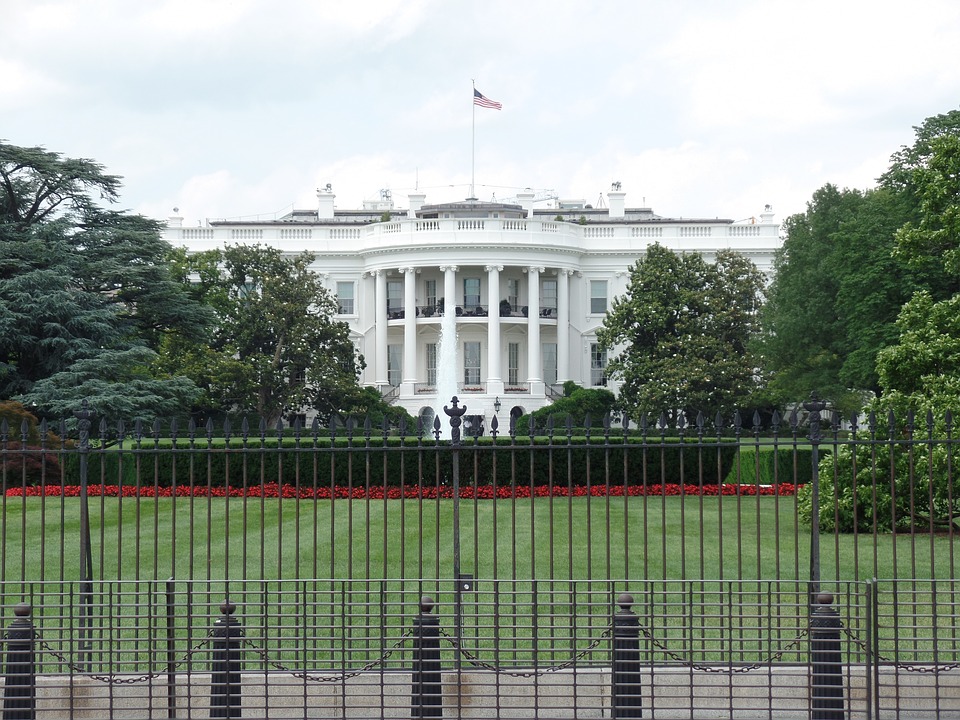In this unprecedented and unsettling time, we wanted to continue to be a resource to you on tax implications that might impact you and your business.
In that regard, there has been tremendous activity accomplished at lightning speed for Congress.
The Senate passed the House’s coronavirus relief bill, which expands access to free testing, provides $1 billion in food aid, and extends sick leave benefits to vulnerable Americans. That comes on top of the $8.3 billion emergency funding measure that has already been signed into law. The item of most interest from the second bill is paid sick leave.
The package requires employers to provide two weeks paid sick leave and up to three months of paid family leave for employees affected by the virus, the cost of which could then be claimed by the employer as a tax credit. The tax credits, which are fully refundable and may be claimed against an employer’s payroll tax obligation, may also be used to offset employers’ share of their employees’ health insurance premiums during sick or family leave. The measure exempts health care and emergency responders, as well as companies with more than 500 employees. Companies with fewer than 50 employees may get hardship waivers. The package also provides for grants to states to bolster their unemployment insurance programs, as well as guarantees full federal funding of unemployment benefits for states that are hit particularly hard.
And work is also underway on a third package to provide economic relief to industries and individuals ravaged by the pandemic. The Treasury Department unveiled a plan that includes $250 billion in direct payments to Americans starting April 6, while the Senate Republicans introduced their massive package that may incorporate some of the administration’s ideas. A summary of that legislation is outlined below in the Brownstein Hyatt memo. It should be noted that Senate Minority Leader Chuck Schumer (D-NY) and House Speaker Nancy Pelosi (D-CA) have already made clear that to receive Democratic support, any such bill “must include new, strong and strict provisions that prioritize and protect workers, such as banning the recipient companies from buying back stock, rewarding executives, and laying off workers.”
After the “Phase 3” package, there’s already talk of a fourth bill with regards to the Trump administration’s recent $46 billion supplemental governmental appropriation funding request. Democrats have panned that the administration’s recent request is inadequate, with suggestions that the package should more likely be in the $120-$150 billion range.
Policy and Taxation Group is your voice in Washington on economic freedom. We advocate for policies that allow American families to fully enjoy the economic liberties and benefits of a robust free market unique to our nation. For over 25 years, we have been the loudest voice in the nation’s capital on eliminating the death tax. This ill-conceived tax has a destructive impact on families, family businesses, job creation, and the national economy.

